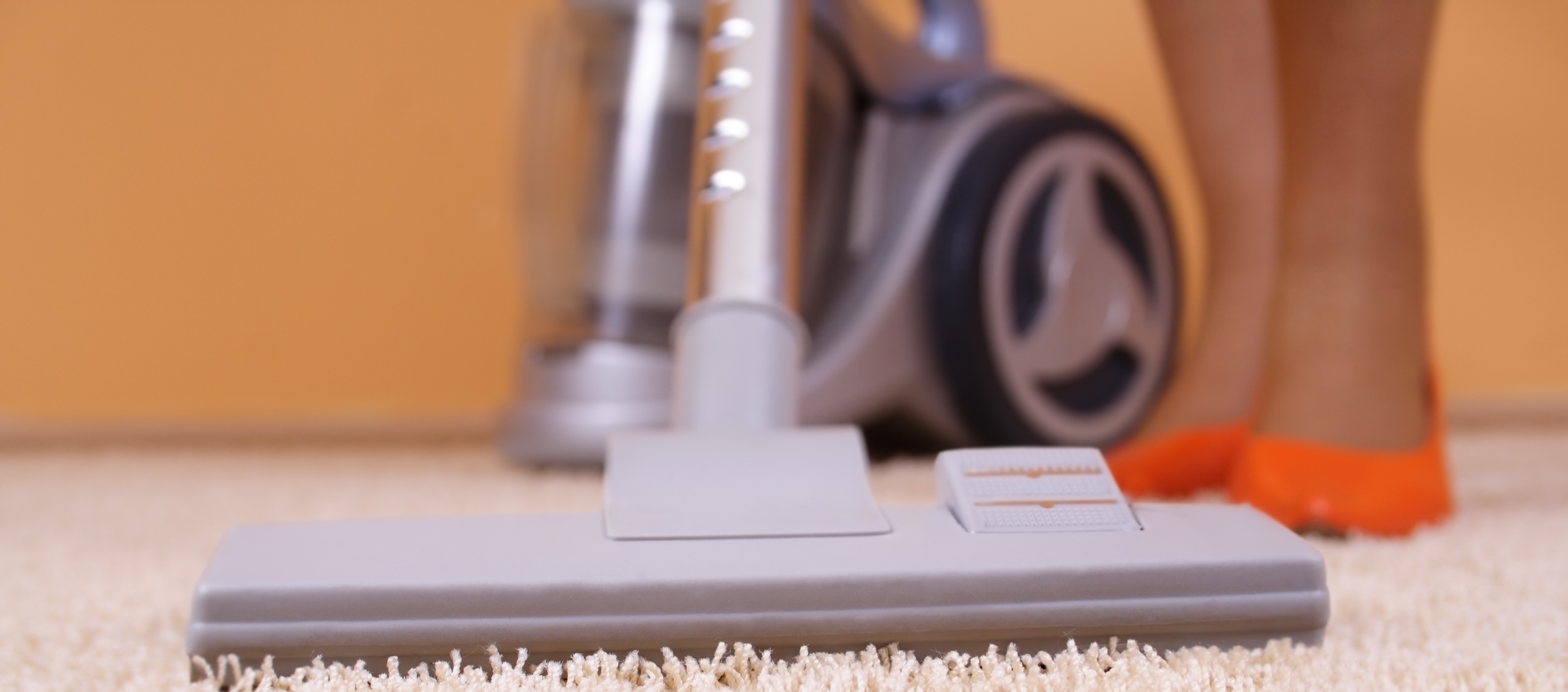The headlines in the past few weeks feature a new form of a well-known disease that has been linked to adenoviruses. This unusual type of hepatitis is spreading through Canada, Europe and Asia. The Guardian reports 110 cases in the UK alone. It seems that the liver disease is striking a lot of children and 17 young patients ended up in need of liver transplants.
Now all this sounds very scary and perhaps quite discouraging. Especially, because we are just getting out of a global pandemic that shook our lives to the core. But before we switch on ‘panic mode’, let’s learn more about the adenoviruses and if they could be eliminated with regular cleaning.
What are Adenoviruses
These microorganisms are not new. Scientists have encountered and studied them since the middle of the twentieth century. They can cause a wide range of symptoms and illnesses among which diarrhoea, conjunctivitis, jaundice, common cold, pneumonia and more. They are mainly transmitted through droplets of saliva or mucus, however, they can also spread through faecal routes. In addition, the adenoviruses seem to be quite stable outside of the human body and can resist some chemicals and disadvantageous pH conditions.
How Can We Prevent the Spread of Adenoviruses
Because they are rather resilient viruses, personal hygiene and regular disinfection at home, school and work are of utmost importance. Thorough handwashing with soap and warm water must be practised dutifully by young and old. A lot of the patients who are now developing acute hepatitis are children, so schools have an increased responsibility to ensure safe learning conditions for them. Right now, professional disinfection services should be in more demand throughout the country.
What Kills Adenoviruses
So far, we know that adenoviruses are susceptible to chlorine. And when it comes to cleaning and disinfection, bleach could be an option. Unfortunately, this is a very strong and toxic chemical, which can also cause adverse reactions in many people with respiratory conditions and allergies. The alternative to it would be steam. It is powerful enough to kill the virus, while leaving no negative impact on the health of the people who stay, work or visit the treated premises.
Could This be the Next Pandemic
Although we have been warned by many scientists and experts that another global pandemic is not off the table soon in the future, we doubt it is going to be that soon. Adenoviruses have the potential to spread fast and are more resilient on surfaces than the coronavirus causing COVID-19, that’s true. But they are also more known and if enough preventative measures are put in place in such an early stage, we are likely to avoid large outbreaks globally.
In the meantime, don’t forget – take care of your body and your environment. Wash your hands, cover your mouth when sneezing, limit your contacts with people if you feel unwell and disinfect your everyday surroundings regularly.
There has never been a better time to invest in your health and wellbeing by turning to professional cleaning services.



